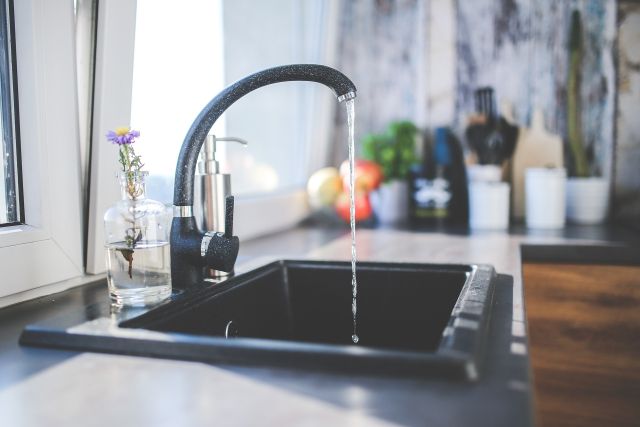Save Water - Why and How?

Why should we save water?
The majority of the consumed drinking water is preheated. Shower, bath, and washing water are also heated. This heating consumes a lot of energy. Saving hot water therefore also means saving energy and money. It's not just about your home. Energy is also used to pump and treat water before it reaches households. Therefore, overall water savings can lead to larger emission reductions. The less water you use, the less you pay at the end of the month. So, if you save for a few months, you can save a lot of money!
Saving Water: Pros and Cons
Pros
An important reason to save water is the environment. Water use at home is not always dependent on water availability. However, about 70 percent of the main consumption is accounted for by agriculture. Not surprisingly, almost half of the food on our plates is watered during growth.
For this reason, water should definitely be saved in agriculture. Drip irrigation systems are the most promising: water flows with little force through perforated hoses placed above or below the ground. It reaches the roots directly without damaging them, reducing water consumption by 30-70 percent. Yields also increase when plants grow in a more humid environment.
Cons
The disadvantages of saving water are not always immediately apparent to consumers.
Sometimes, due to water protection measures, wastewater and everything it transports flow so slowly through pipes that sulfuric acid can form and cause damage. The sewage pipes are sometimes insufficiently flushed, which impairs self-cleaning and can result in higher cleaning efforts, including flushing with fresh water.
Everyday Tips
- Shower instead of bathing: A bathtub holds up to 200 liters of water, a shower 60 to 80 liters of water. It makes a big difference.
- Turn off water and soap when washing your hands: You can save up to 2 liters by turning off the water while cleaning and washing your hands.
- Fix leaking faucets: A faucet can waste a lot of water over the course of a day. The dripping sound is also annoying. Fixing or repairing a faucet not only helps the environment but also your nerves.
- Avoid running water in the kitchen: Wash fruits, vegetables, and salads in bowls, not under running water. If you don't have a dishwasher, the same applies to washing dishes.
- Don't let cold water run: Sometimes hot water takes a while to heat up. Until then, more or less cold water flows from the tap. You can use it, for example, to make tea.
- Use the eco-flush button when flushing the toilet: For environmental protection, use the small flush button on the toilet bowl whenever possible. This uses up to 50% less water. Another trick to save is using an additional water stop button to end the flush early.
- Use only fully loaded washing machines and dishwashers: This way, household appliances are used less, and you can also conveniently save electricity and water at home. Additionally, proper loading is important to save space in the dishwasher. Place heavily soiled ceramics on the bottom and refillable bowls on top. In the cutlery basket, arrange cutlery handles sometimes up and sometimes down. It is important that the spray arm can still move freely and that the dishes are not too tightly stacked so the water can clean everything well.
```